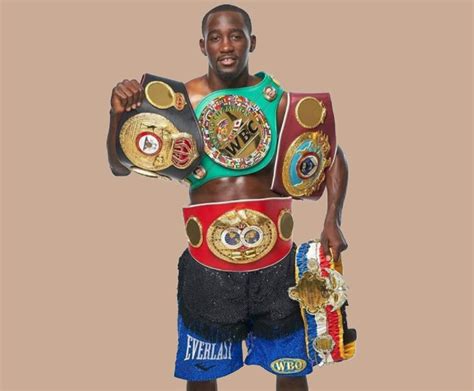A Quote by Tim Ferriss
People really do think they have to choose between high stress and high reward jobs, and low stress and low reward jobs.
Related Quotes
To summarize, using money to motivate people can be a double-edged sword. For tasks that require cognitive ability, low to moderate performance-based incentives can help. But when the incentive level is very high, it can command too much attention and thereby distract the person’s mind with thoughts about the reward. This can create stress and ultimately reduce the level of performance.
Stress is a choice. Do you buy that? Some people have a hard time with the idea. Yes, bad things happen: The economy sours, our business struggles, the stock market tumbles, jobs are lost, people around us don't follow through, deadlines are missed, projects fail, good people leave. Life is full of these. But still, stress is a choice because whatever the 'trigger event,' we always choose our own response. We choose to react angrily. We choose to stuff our emotions and keep quiet. We choose to worry. Stress is a choice.
Intellectual culture seems to separate high art from low art. Low art is horror or pornography or anything that has a physical component to it and engages the reader on a visceral level and evokes a strong sympathetic reaction. High art is people driving in Volvos and talking a lot. I just don't want to keep those things separate. I think you can use visceral physical experiences to illustrate larger ideas, whether they're emotional or spiritual. I'm trying to not exclude high and low art or separate them.



































